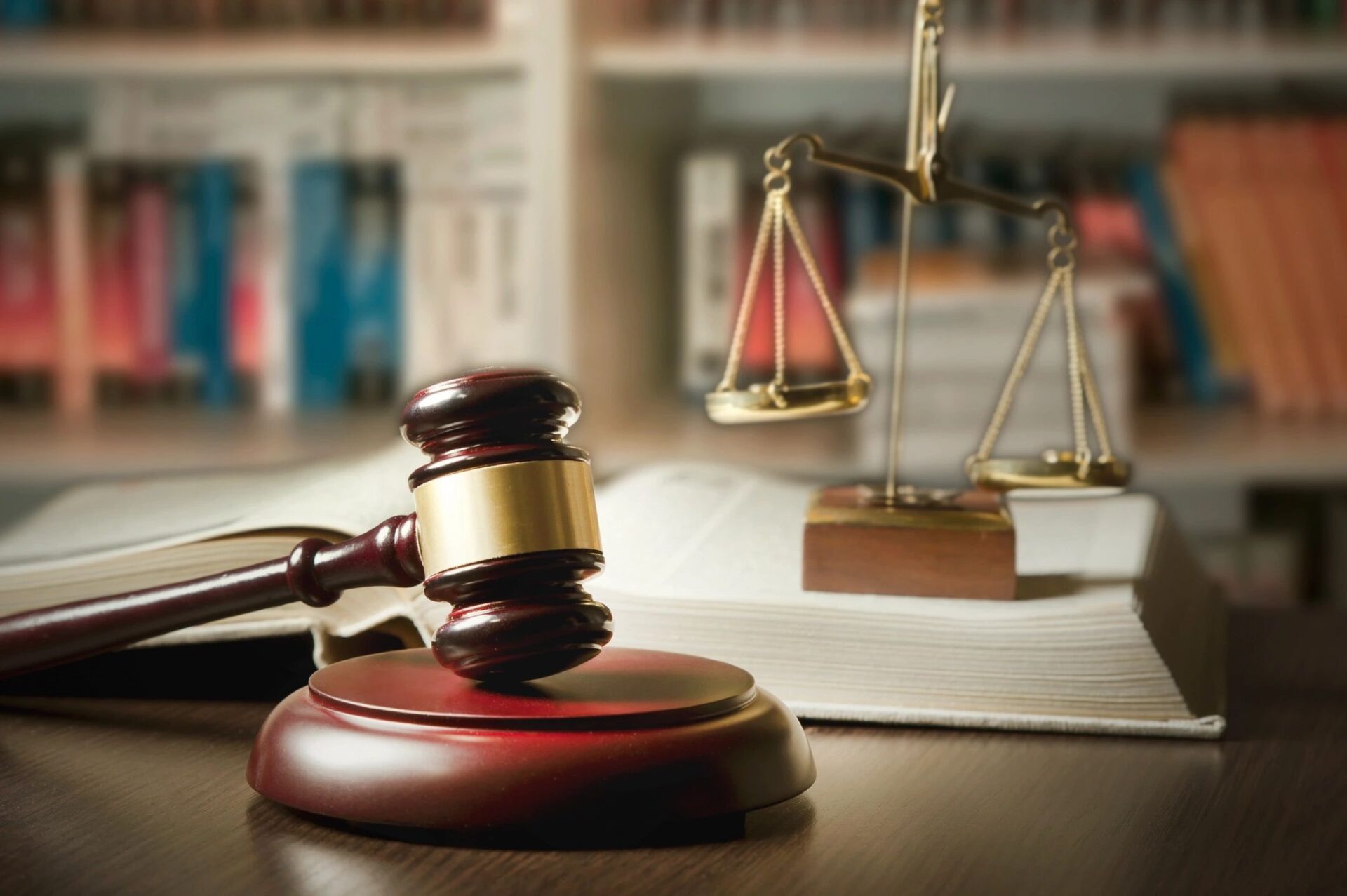Month: June 2017
Paid leave laws and FMLA
EEO rules and the need for anti-harassment, anti-retaliation and complaint policies
Legalization of marijuana for recreational purposes in relation to employer drug-free policies
The NLRB’s Purple Communications decision and its impact on policies related to usage of employer communication systems
No-solicitation policies and NLRB’s limitations regarding the practical reach of such policies
Communications with the media policies
Social media privacy and usage policies
Confidentiality policies and confidentiality of workplace investigations
Audit and video recording policies
Off-duty employee access
Filed Under: Labor & Employment
Tagged With: Employee Handbook
WASHINGTON – U.S. Secretary of Labor Alexander Acosta today announced the withdrawal of the U.S. Department of Labor’s 2015 and 2016 informal guidance on joint employment and independent contractors. Removal of the administrator interpretations does not change the legal responsibilities of employers under the Fair Labor Standards Act and the Migrant and Seasonal Agricultural Worker Protection Act, as reflected in the department’s long-standing regulations and case law. The department will continue to fully and fairly enforce all laws within its jurisdiction, including the Fair Labor Standards Act and the Migrant and Seasonal Agricultural Worker Protection Act.
Source: www.dol.gov/newsroom/releases/opa/opa20170607
MOHAJERIAN LAWYERS REPRESENT EMPLOYERS THROUGHOUT CALIFORNIA
Filed Under: Labor & Employment
Tagged With: employer law, mohajerian
The rapid pace and constant evolution of the world economy can make it a real challenge to carve out a niche that’s both profitable and reliable. Forging your own path can be an exciting way to achieve that goal, but if your intellectual property is at risk, you might find yourself behind before you ever get a chance to get started. The law can be on your side, but you have to be willing to bend it to your will.
Below, you’ll find a guide to some questions you should be sure to ask your intellectual property and patent attorney. Having the answers to these questions can help guarantee that you’re in a position to defend and protect your property rights, and it can allow you to be proactive on your own behalf. Without staying engaged, the world might continue to pass you by and you may be frustrated to see someone else profit from your hard work.
Ask About International Protections
As mentioned above, the economy is no longer limited to national borders. The exchange of goods and services is truly an international enterprise, so it’s vital that you act to make sure your property rights follow across those borders. Without a commitment to that goal, you might find yourself swamped by knock-offs of your work originating in places beyond your reach.
Make sure that you sit down with your attorney and discuss the international rules and regulations that might apply to your intellectual property as well as the steps that can be taken to enforce them. In some cases, this enforcement may even require the cooperation of the legal services of a foreign country, so it’s important that you work with your attorney to develop a more thorough understanding of the hoops to jump through and the ways in which they may differ from what you’re used to.
Ask About Technical Experience
When it comes to determining the veracity of copyrights and patents, the specific technical details of products and concepts will be called into question. Your protections may be limited if a competing product differs widely enough from a creation standpoint, even if the end result is practically the same. This point is especially relevant to cases involving software and other technical data, as a careful eye may have to pour over countless lines of source code.
Even if your expertise in your field is unparalleled, it’s unlikely that you’ll have the legal knowledge necessary to act in your own defense. Therefore, it’s absolutely critical that you have confidence that your attorney can comprehend and process the technical aspects of your trademark claim. Working with them to find out their technical background and explain some specific parts of your claim can go a long way toward a successful outcome.
Ask About Documentation
Ultimately, your intellectual property claims may come down to determining who has better documentation covering the dawn of their discovery. Making sure that you’ve clearly outlined your creation process and your attempts to secure copyright claims is very important, as it can show strong intent on your part to secure those rights.
Every piece of correspondence or idea that you scratched out on a napkin may be useful in establishing your timeline and asserting your claim. Gather as much of that documentation as possible, and then have a conversation with your lawyer about how he or she plans to use it.
The experienced attorneys at Mohajerian can work with you to secure your internet and intellectual property rights and guarantee that you receive the intellectual and financial credit that you’re due. Turning to proven and trusted lawyers is the best decision you can make to take charge of securing what belongs to you.
Filed Under: Intellectual Property, Trademark

